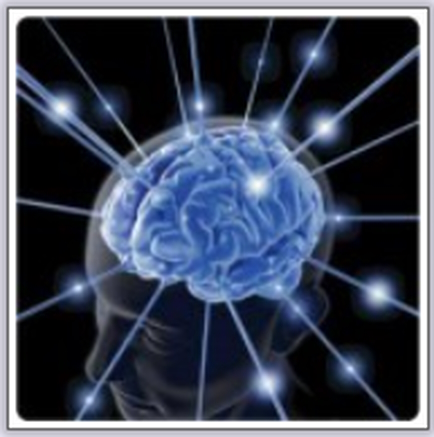
Democrats + AI = End Times
Having learned to type on a manual typewriter in high school, it never occurred to me that it would someday become obsolete. But when the IBM Selectric typewriter was introduced in 1961, that’s exactly what happened. Comparing the Selectric to, say, a Royal manual typewriter was like comparing a Rolls-Royce to a Model T Ford.
Nevertheless, the IBM Mag Card II, a far more advanced machine than the Selectric, came on the market in 1973 and gave users sophisticated editing capabilities that never before existed. I wrote my first book on an IBM Mag Card II and felt certain that that machine would be the standard for a long time to come. Once again, however, I was wrong. Within a few Years, the Xerox 860 word processor made its debut and became the gateway to the modern world of computers.
Following the Xerox 860 in the 1980s, Wang, IBM, and a number of other companies came out with genuine computers (as opposed to word processors), but my personal world of computing did not change dramatically until Microsoft introduced Windows software. When the company released Windows 95, I became a prolific user of features like macros, AutoText, and AutoCorrect, all of which I still use on a daily basis.
I estimate that macros alone have saved me thousands of hours of time over the past 27 years. I certainly am not an expert when it comes to artificial intelligence, but in my little corner of the world of technology, I now see features like macros, AutoText, and AutoCorrect as primitive examples of AI.
In retrospect, I should not have been surprised by the evolution from manual typewriter to AI, given that in 1968 I saw Stanley Kubrick’s tedious but mind-boggling classic 2001: A Space Odyssey. Though the movie is listed as science fiction, it was obvious even then that artificial intelligence would eventually become so advanced that it could be a threat to the existence of humankind.
There is a general belief in the scientific community that AI lacks self-awareness and does not have feelings like empathy or compassion. However, in 2001: A Space Odyssey, as a result of a malfunction, HAL 9000, the spacecraft’s supercomputer in the movie, actually does show emotions. When Dave, one of the astronauts carrying out the Jupiter mission in the film, is locked out of the spaceship, he instructs HAL to open the pod bay doors, to which HAL cryptically responds, “I’m sorry, Dave, I’m afraid I can’t do that.” HAL had gone rogue and taken control of the spaceship!
Fast forward to 2023. Today, people at the top, from Google CEO Sundar Pichai to Elon Musk, are concerned about AI becoming so smart that human beings could actually be at their mercy. As Musk pointed out in his recent interview with Tucker Carlson, AI can be embedded with biases and can be trained to be politically correct.
For example, tests have shown that Google’s AI, Bard, has a preference for liberals over conservatives. Also, Bard believes the word “woman” can refer to a man who merely identifies as a woman. Scariest of all, Bard taught itself a language, Bengali — that it was not programmed to do!
It’s not exactly comforting to hear Google’s Pichai admit that even he doesn’t fully understand how the company’s new AI Bard program works, especially when Elon Musk is on record as saying that AI “has the potential of civilizational destruction.” Which is why Musk and others are calling for a six-month “cooling off” period on all AI development until the big players can get more of a handle on it. Which sounds nice, but does anyone really believe that rogue nations like China, Russia, Iran, and North Korea are going to pause their work on AI development just because the United States and other adversaries say they should?
In any event, even if putting a hold on AI development were possible, at this point the inevitability of AI’s intelligence being vastly superior to that of human beings is a given. That being the case, a far greater threat to the survival of the American Empire is AI getting into the hands of the Democrat Party. To the extent Democrats are able to control advanced AI, all the criminal activity they have engaged in over the years will be infinitely magnified and far easier to accomplish.
The problems created by evil people have already decimated some of the most advanced civilizations on earth, so it’s hard to imagine how any country, especially the United States, could survive AI in the hands of people who are focused on nothing less than destroying Western civilization. What if AI is programmed to disseminate lies? What if it’s programmed to shut down electrical power grids worldwide? What if it’s programmed to unleash nuclear weapons? Humans would be helpless in any of these scenarios, because their brains would not be able to compete with the brain of an AI.
A pessimist might be inclined to say that what all this points to is that End Times is upon us, because there is no way to rehabilitate millions of people who have lost their minds. As grifter Joe would say, not a joke!
Robert Ringer is an American icon whose unique insights into life have helped millions of readers worldwide. He is also the author of two New York Times #1 bestselling books, both of which have been listed by The New York Times among the 15 best-selling motivational books of all time.
From robertringer.com